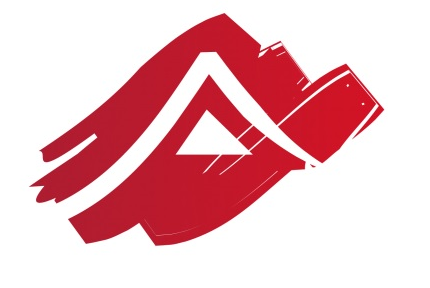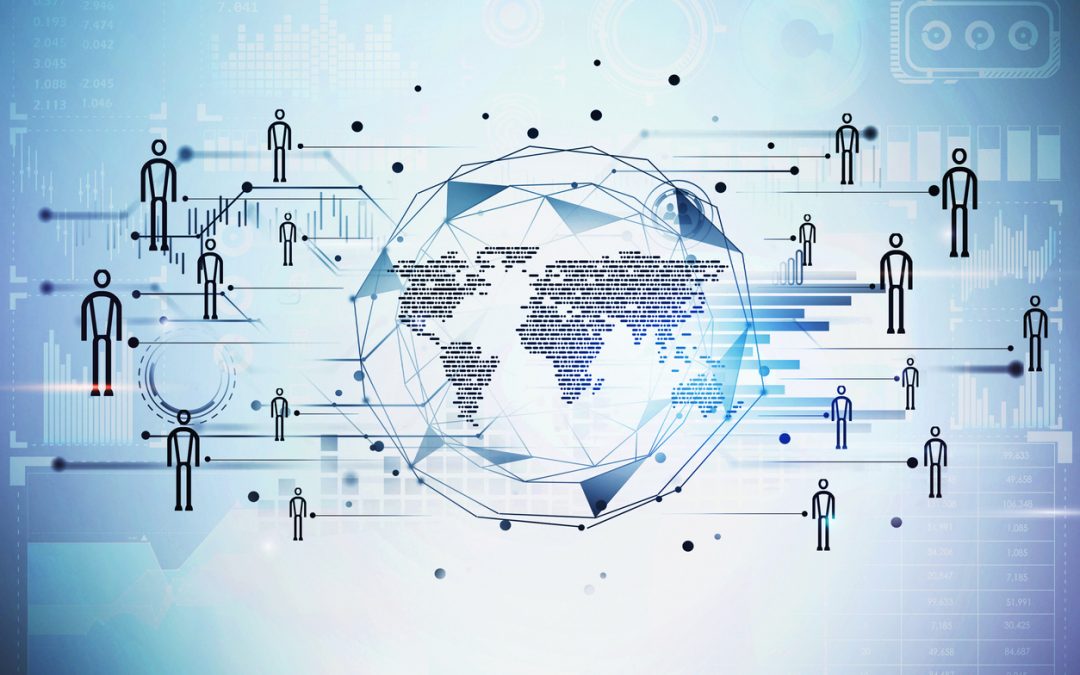We are now living in a time when AI technology is becoming a common tool implemented in many industries. The potential of artificial intelligence is enormous, and not surprisingly, it is influencing more and more company processes, including those related to Human Resources.
While AI technology is a tempting solution for many HR Professionals, they need to be aware of the limitations of its effectiveness.
First, AI lacks a global understanding of the company compared to a recruiter. When looking for the ideal candidate for a position, a recruiter considers not only the candidate’s skills but also the fit with the company’s culture. The HR looks at the companies where the potential candidate has worked, their operations, their position in the market and tries to make the connection. AI lacks a broader view, regarding the candidate’s identification stage. Through a lack of knowledge and intuition developed over the years by recruiters, artificial intelligence can miss important connections in a candidate’s past that may suggest he or she could be an important asset[1]. In addition, knowledge of company culture and benefits, allows recruiters to “sell the role” and convince an undecided candidate, to accept a new position. It is highly likely that AI will not be able to effectively attract a hesitant candidate[2]. The lack of human touch in this case is vital.
Artificial intelligence learns using huge amounts of data, observing repetitions and patterns to be able to search for suitable candidates and screen resumes. This raises the risk of adopting biases based on the available algorithms. We must remember that AI is only as strong as its human input. Poorly implemented algorithm changes can turn an unbiased system into a tool that creates inequality in the recruitment process[3].
As is well known, it is not only the hard skills that count, but the psychological and emotional aspects, as well as the candidate’s ambitions and passions, are also very important. That is why we should ask ourselves: is artificial intelligence able to monitor and assess human emotions well? Is it capable of “reading” the candidate? Of course, AIs are being developed that evaluate a candidate’s tone of voice, facial expressions or hand gestures based on video records, but these types of interviews can suffer from not accurate recognition. For example, they are not very good at predicting personality traits from verbal and non-verbal behaviours extracted from videos[4]. AI cannot replace the unique vantage point of an experienced recruiter who, can observe the candidate’s specific behaviour and sense what kind of person he or she is and how the personality might affect, the team he/she will be working with. In addition, the recruiter can make a correct judgment as to whether a person can make good decisions, work under pressure or is a good leader. More, it is important to consider whether candidates would like to be interviewed by an AI program. Lack of contact with another human being can act as a deterrent. Not everyone feels comfortable being recorded, by increasing stress and anxiety, resulting in poor performance and missed opportunities[5].
Finally, organizations must keep in mind the ethical aspects. Not all AI programs work the same way, and some can work against a company’s reputation, values, and principles if used in the wrong way. Especially when we talk about minorities. Moreover, the HR department collects extensive amounts of personal information about employees. Therefore, it is very important to secure this data and assure employees that their personal information is safe. The ethical impact of AI on the HR department is something that needs to be discussed, clarified, and re-examined every time AI is used in the HR processes[6].
Despite the flaws, many companies still choose to implement AI in their HR strategies. Artificial intelligence can reduce time and boost the efficiency of the hiring process by managing big amounts of data, for example when the HR team receives a lot of applications for open positions. Companies like Magellan Health or Brother International Corporation implemented AI to create personalized job recommendations, easy career site navigation, and chatbots to help candidates go through the application process[7]. But all of these solutions did not replace the recruiters and their contact with the candidate, they are implemented to streamline the job application process.
Recruitment needs a human aspect in the form of recruiters who can use their own experience and intuition to gain unique insights into candidates’ personalities. Ensure the best possible candidate experience, strengthen cultural fit and engagement[8].Artificial intelligence cannot perfectly match humans in areas of relationship building and empathy. It is limited in understanding who we really are.
Paulina Cebulak
[1] https://www.entrepreneur.com/science-technology/watch-out-for-these-5-artificial-intelligence-problems-in-hr/382304
[2]https://humanly.io/why-ai-in-recruiting-will-never-replace-recruiters/
[3]https://possibleworks.com/blog/impact-of-ai-on-hr-profession/
[4]https://hbr.org/2023/02/are-you-prepared-to-be-interviewed-by-an-ai
[5]https://www.forbes.com/sites/forbescoachescouncil/2019/08/14/10-downsides-of-using-artificial-intelligence-in-the-hiring-process/?sh=73eb194d685e
[6]https://possibleworks.com/blog/impact-of-ai-on-hr-profession/
[7]https://www.phenom.com/blog/examples-companies-using-ai-recruiting-platform
[8]https://www.recruitmenttech.com/ai-and-recruitment-will-artificial-intelligence-replace-recruiters/



